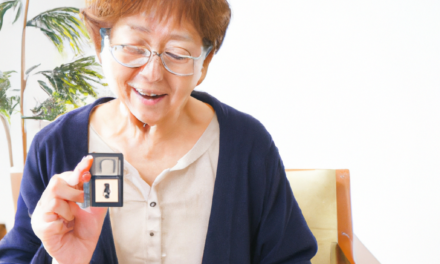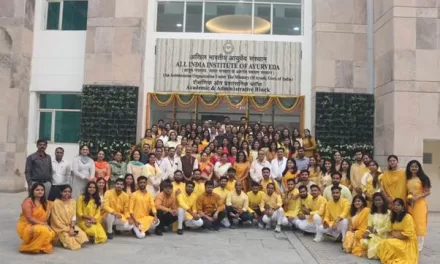In a groundbreaking clinical trial, researchers from Huntsman Cancer Institute at the University of Utah (the U) have found that a short-course, higher-dose vaginal brachytherapy for endometrial cancer is as effective as the standard therapy involving more frequent, lower-dose sessions.
Dr. Gita Suneja, physician-scientist at Huntsman Cancer Institute and professor of radiation oncology at the U, is the first author of the SAVE trial report—Short-Course Adjuvant Vaginal Cuff Brachytherapy in Early Endometrial Cancer Compared with Standard of Care. The study’s findings were recently published in JCO Oncology Advances.
“There isn’t high-quality data on the optimal dose and schedule for brachytherapy treatments, leading to significant variations in practice,” said Dr. Suneja. “The SAVE trial aimed to reduce the number of treatments while maintaining short-term quality of life and effective disease control.”
Endometrial cancer originates in the uterus lining, with primary treatment typically involving surgery to remove the uterus, cervix, and upper vagina. Brachytherapy, a form of internal radiation, is used post-surgery to prevent recurrence. In this study, researchers compared two treatment groups: the standard regimen of three to five lower-dose sessions and an experimental regimen of two higher-dose sessions. Results showed similar short-term outcomes with minimal acute toxicities in both groups.
The study is particularly relevant to patients in the Mountain West, where travel to specialized cancer centers can be challenging. “Many of our patients come from rural areas, making frequent treatments a significant burden,” Dr. Suneja explained. “By reducing the number of sessions, we can improve accessibility without compromising care.”
Dr. David Gaffney, another key researcher in the study, emphasized the significance of these findings, given the increasing incidence and mortality rates of endometrial cancer. “This study is a major step forward in making cancer treatment more convenient while ensuring effective outcomes,” he said.
The trial was supported by leading cancer centers, including MD Anderson, Loyola, Intermountain Healthcare, and Stanford. Dr. Gaffney expressed gratitude to both the participating institutions and the patients who contributed to the study. “It’s a big win when we can maintain excellent treatment results and simplify care for our patients.”
Disclaimer:
This article is for informational purposes only and does not constitute medical advice. Patients should consult with their healthcare providers to discuss treatment options based on their individual circumstances.











